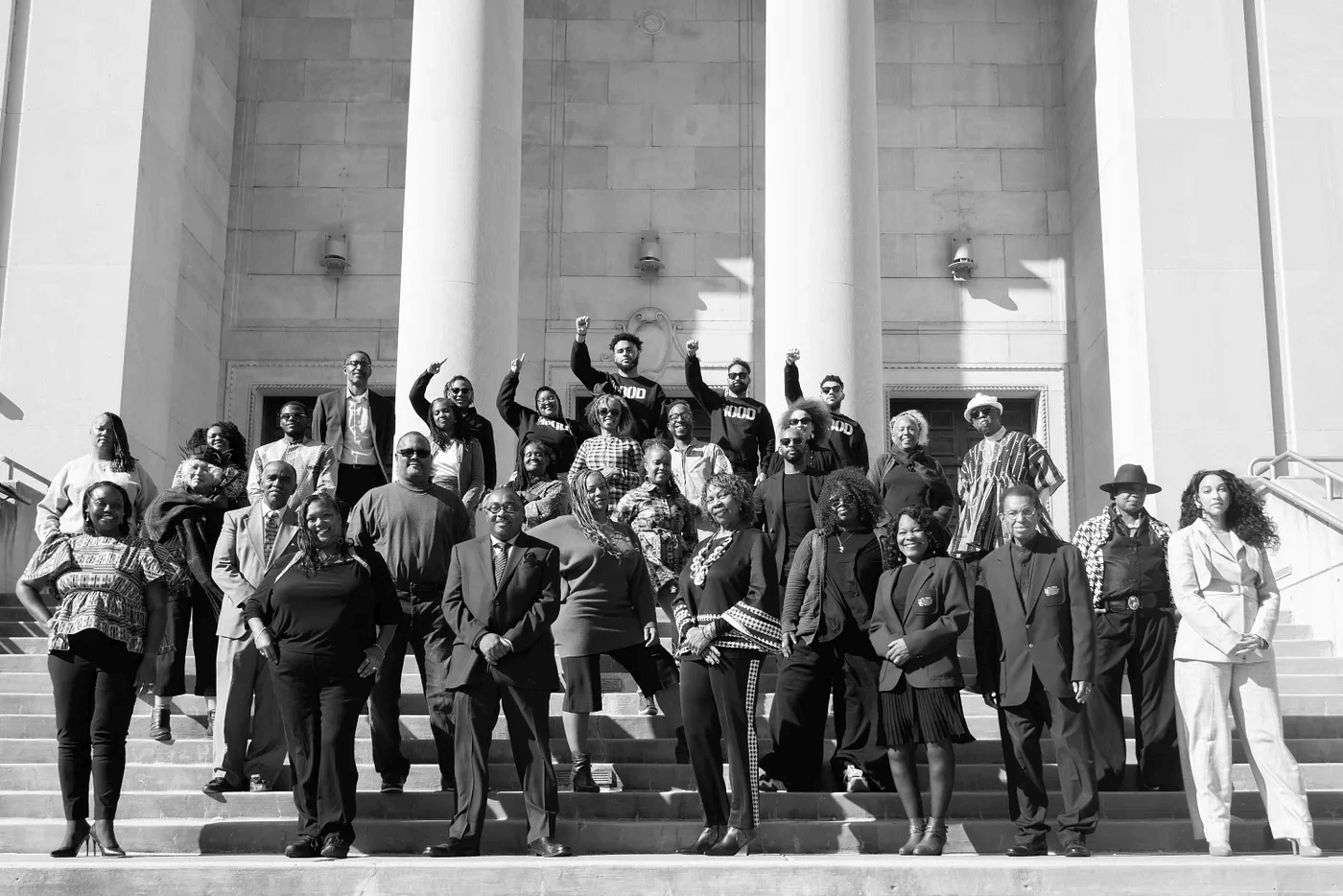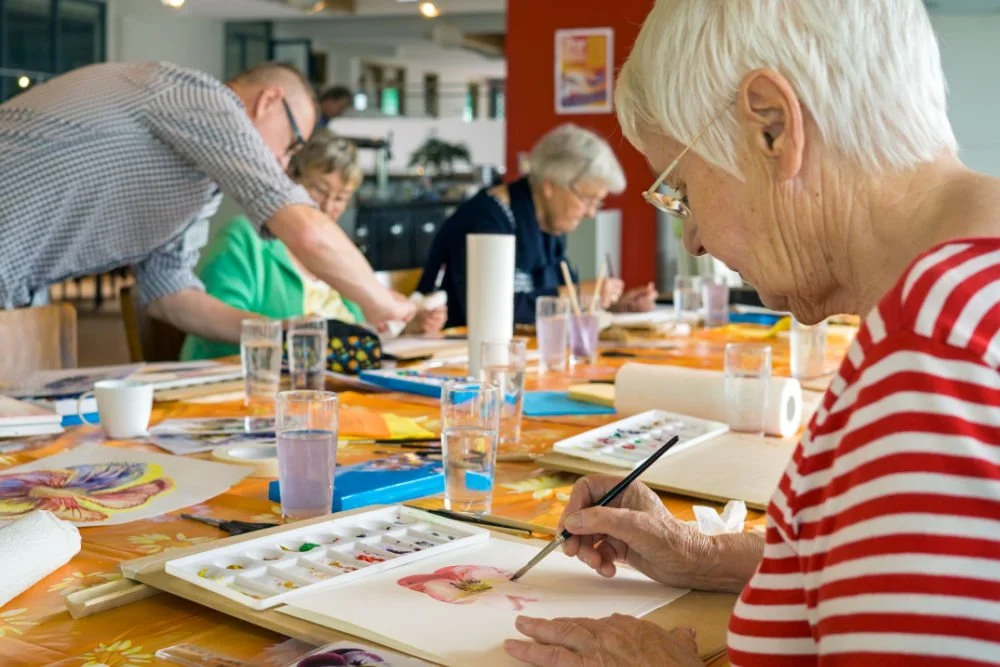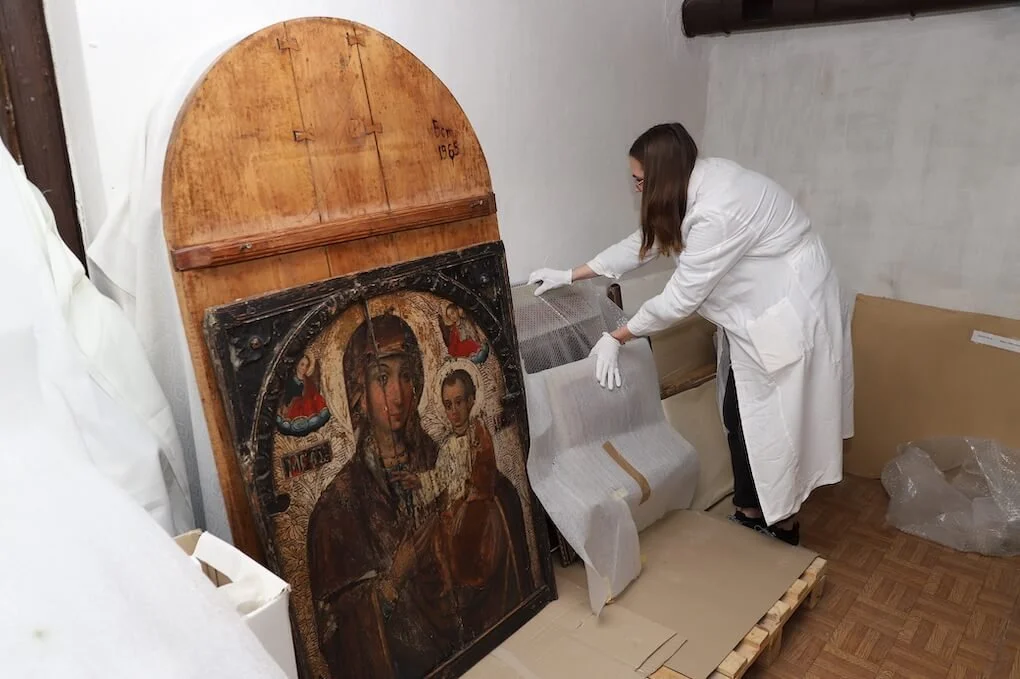State of Emergency: Funders Join Forces to Aid Puerto Rico's Beleaguered Arts Community
/photo: lavizzara/shutterstock
Arts proponents wondering what will happen if the federal government scales back arts funding should look no further than the case study that is Puerto Rico, which was struggling with deep fiscal problems well before it was devastated by Hurricane Maria.
As Andy Warhol Foundation Program Director Rachel Bers notes, Puerto Rico and its artists are "in a very vulnerable, financially precarious position, even in the best of times."
And yet, against all odds, the art scene in Puerto Rico has "strengthened and diversified over the past several years, on the backs of artists, curators, educators and others who take on the responsibility of cultural development in the absence of government support and market viability," says San Juan-based arts organization Beta-Local.
Then Hurricane Maria struck. And while American philanthropy has not exactly distinguished itself in the wake of this destructive event, less noticed is the way that major U.S. arts funders have stepped up.
Roughly a month after the National Endowment for the Arts pledged additional support for cultural communities devastated by Hurricanes Harvey, Irma, and Maria, the Andy Warhol Foundation, the Robert Rauschenberg Foundation, and Lin-Manuel Miranda announced they would each provide $100,000 in emergency grants to a hurricane relief fund focused on Puerto Rico's arts community, run by Beta-Local.
Beta-Local’s El Serrucho: Hurricane Maria Emergency Fund aims to provide the country’s cultural workers with both long-term and short-term relief, including aiding local communities by removing hurricane debris and repairing damage, and distributing donations like food, water and other supplies.
"This is a defining moment for our country and our cultural scene," said Beta-Local’s co-director, Sofía Gallisá Muriente, "and we want to do all we can to foster its continued development because we know cultural agents will be invaluable in this recovery process."
It's fairly common to see grantmakers helping artists in need. The Foundation for Contemporary Arts, for example, provides emergency grants to artists who have sudden, unanticipated opportunities to present their work to the public when there is insufficient time to seek other sources of funding.
Hurricane Maria, of course, has taken the idea of "emergency" to a whole new level.
Throw in Puerto Rico's crippling financial and economic challenges, and it isn't surprising to see the Rauschenberg and Warhol foundations providing support to Beta-Local. The former has been on the front lines of exploring the connections between the arts and social justice for years now, and its donation to Beta-Local represents one of the first big moves from new Executive Director Kathy Halbreich.
"When something unsettles our field as urgently as Hurricane Maria did to the thriving artists’ community in Puerto Rico, prompt and collaborative action can make a real difference to people’s sense of immediate security as well as their ability to imagine a productive future," Halbreich said.
The Warhol Foundation, meanwhile, focuses on supporting artists, and has a preexisting relationship with Beta-Local—Rachel Bers worked with the organization in 2014, adding that "we have confidence in their ability to know what’s happening on the ground."
Hamilton playwright Lin-Manuel Miranda, meanwhile, is of Puerto Rican descent, and his donation to Beta-Local finds him slowly ramping up his philanthropy across the past year or so.
Back in 2016, he matched a $25,000 grant from the Time Warner Foundation to jumpstart the Sol Project, a six-year, $3.8 million initiative whose goal is to "usher Latino artists into the mainstream of American theater."
And in June, Miranda raised money for the Immigrants: We Get the Job Done Coalition, a group of 12 partner organizations that provide services like legal representation and advocacy for immigrants, refugees and asylum seekers. The coalition was spearheaded by the Hispanic Federation, whose first president was Luis A. Miranda Jr, Lin-Manuel’s father.
Not coincidentally, Miranda's donation to Beta-Local also flowed through the foundation.
As for how Beta-Local will allocate funding, it will first work with previous collaborators who have contributed to Beta-Local’s programming in the past to identify needs within and beyond its network.
The second phase will be a series of grants with an open call for artists and cultural workers, selected by a rotating committee of local stakeholders. The amount of the grants will be determined by the particularities of each application, as well as by the total amount the fund is able to raise.
Commenting on the collective gift from three major arts funders, Rauschenberg's Halbreich said, "I am thrilled that the organizations of three deeply innovative and fearless artists—Warhol, Rauschenberg, and Lin-Manuel Miranda could quickly band together to make a difference in the lives of artists in dire need."







































